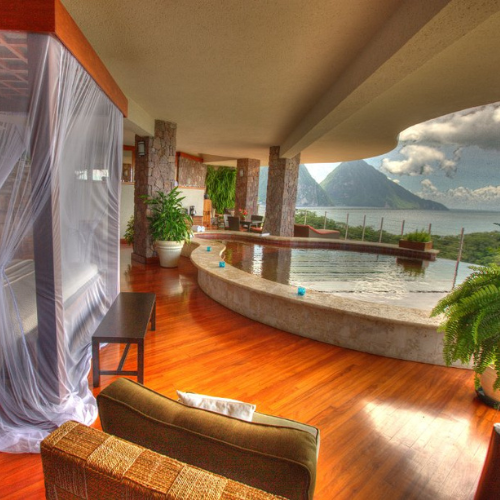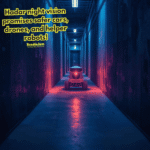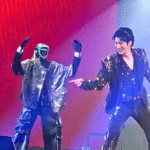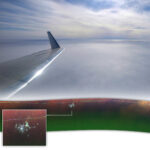A Castle That Refused to Disappear
The Castello Sforzesco, located just a short walk from Piazza del Duomo, has watched over Milan for more than 600 years. It began life as a fortress and evolved into a grand palace and museum complex.
Key moments in its history:
- 1358: Built by Galeazzo II Visconti as a defensive stronghold
- 1447: Destroyed during political upheaval
- 1450: Rebuilt by Francesco Sforza, who transformed it into a ducal residence
- 1800s: Used as military barracks during Napoleon’s campaign
- 1884: Saved from demolition and restored by Luca Beltrami
“Like a phoenix, the fortress has been completely destroyed and has risen again”
Renaissance Beauty Behind Medieval Walls
Though it looks like a fortress from the outside, the castle hides elegant Renaissance design within its walls.
You may like...
Notable architectural features:
- Filarete Tower: Grand central entrance tower rebuilt in the 20th century
- Rocchetta and Corte Ducale: Graceful courtyards lined with arches and decorated vaults
- Sala delle Asse: A masterpiece by Leonardo da Vinci, where the ceiling becomes a canopy of painted trees and vines
“Each side of the fortress stretches around 200 meters, flanked by strong corner towers”
Inside: A World of Museums
The castle now hosts six major museums, offering visitors centuries of art, history, and design.
Top attractions:
Museum of Ancient Art
- Includes Michelangelo’s final work, the Rondanini Pietà
- Exhibits medieval sculptures, early Christian frescoes, and Visconti family tombs
- Features reliefs of the Lombard League’s 12th-century victory
Pinacoteca (Art Gallery)
- Over 1,500 paintings from the 12th–18th centuries
- Highlights include:
- Mantegna’s Trivulzio Madonna
- Bramantino’s Noli Me Tangere
- Works by Canaletto, Tintoretto, and Bellini
- Mantegna’s Trivulzio Madonna
Museum of Furniture
- Historic domestic pieces from the 15th century onward
Museum of Decorative Arts
- Ceramics, tapestries, and Trivulzio’s famous textiles by Bramantino
Archaeological Museum
- Includes Ancient Egyptian artifacts and prehistoric relics from Lombardy
Museum of Musical Instruments
- Rare instruments from all over the world and many eras
If You’re Short on Time
Don’t worry if you can’t see it all. Here’s how to make the most of a quick visit:
- Walk the inner courtyards for a real feel of its grandeur
- Museum of Ancient Art is the best one-stop choice for a taste of the castle’s treasures
- Parco Sempione, right behind the castle, is perfect for a scenic picnic or stroll
“The castle is open daily from 7:00 a.m. to 7:30 p.m., with museums open Tuesday to Sunday”
Why It Matters Today
The Castello Sforzesco isn’t just a relic—it’s a symbol of Milan’s resilience and creativity
- It reflects the rise and fall of noble families
- It holds the brushstrokes of Leonardo da Vinci himself
- It now brings history alive through music, art, and architecture
“A must-visit destination where centuries of Milanese culture converge”





















